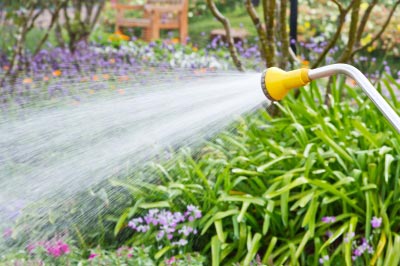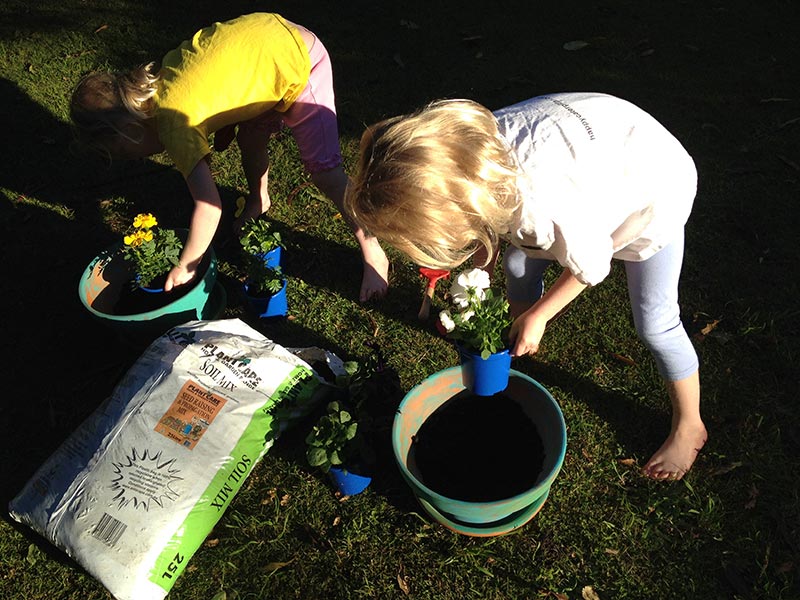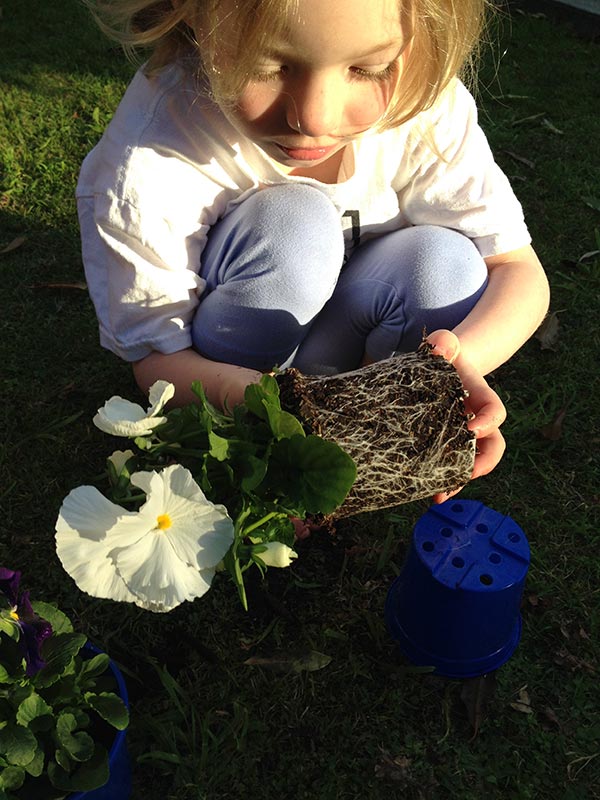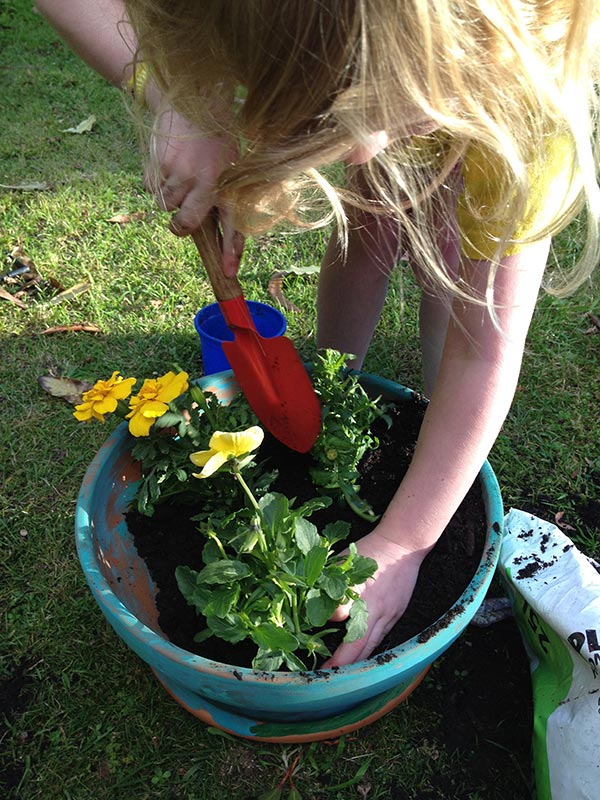Knowing how to care for your flower garden can make a big difference in the look and over-all health of your plants. Here are some simple hints to make your garden bloom with health.
1. The essentials must always be given major consideration.
Your flower garden must have an adequate supply of water, sunlight, and fertile soil. Any lack of these basic necessities will greatly affect the health of plants. Water the flower garden more frequently during dry spells.
When planting bulbs, make sure they go at the correct depth. When planting out shrubs and perennials, make sure that you don’t heap soil or mulch up around the stem. If you do, water will drain off instead of sinking in, and the stem could develop rot through overheating.

2. Mix and match perennials with annuals.
Perennial flower bulbs need not to be replanted since they grow and bloom for several years while annuals grow and bloom for only one season. Mixing a few perennials with annuals ensures that you will always have blooms coming on.

3. Deadhead to encourage more blossoms.
Deadheading is simply snipping off the flower head after it wilts. This will make the plant produce more flowers. Just make sure that you don’t discard the deadhead on the garden or mildew and other plant disease will attack your plants.
4. Know the good from the bad bugs.
Most garden insects do more good than harm. Butterflies, beetles and bees are known pollinators. They fertilize plants through unintentional transfer of pollen from one plant to another. 80% of flowering plants rely on insects for survival.
Sowbugs and dung beetles together with fungi, bacteria and other microorganisms are necessary to help in the decomposition of dead plant material, thus enriching the soil and making more nutrients available to growing plants.
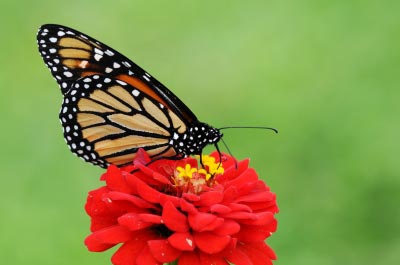
Other insects like lacewings and dragonflies are natural predators of those insects that do the real damage, like aphis.
An occasional application of liquid fertilizer when plants are flowering will keep them blooming for longer.
We hope these 4 tips helps your garden and of course you have many wonderful flowers bloom.
Always prune any dead or damaged branches. Fuchsias are particularly prone to snapping when you brush against them. The broken branch can be potted up to give you a new plant, so it won’t be wasted.
Happy Gardening!


